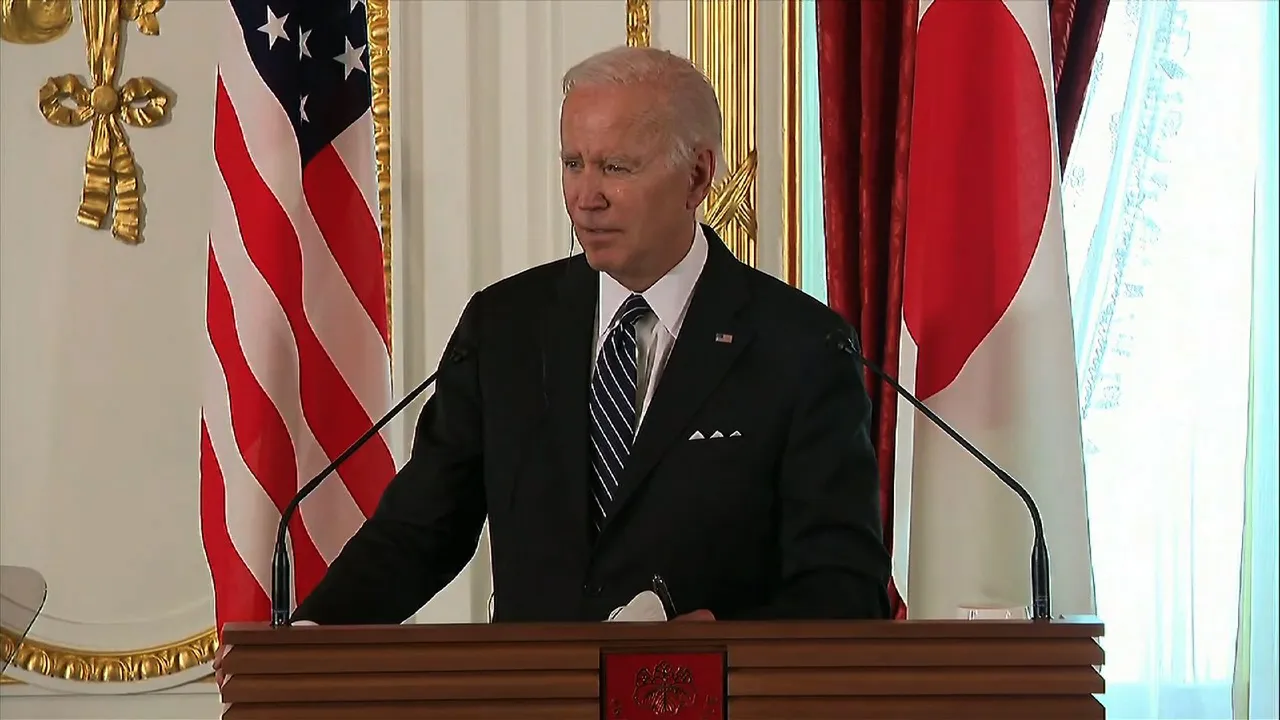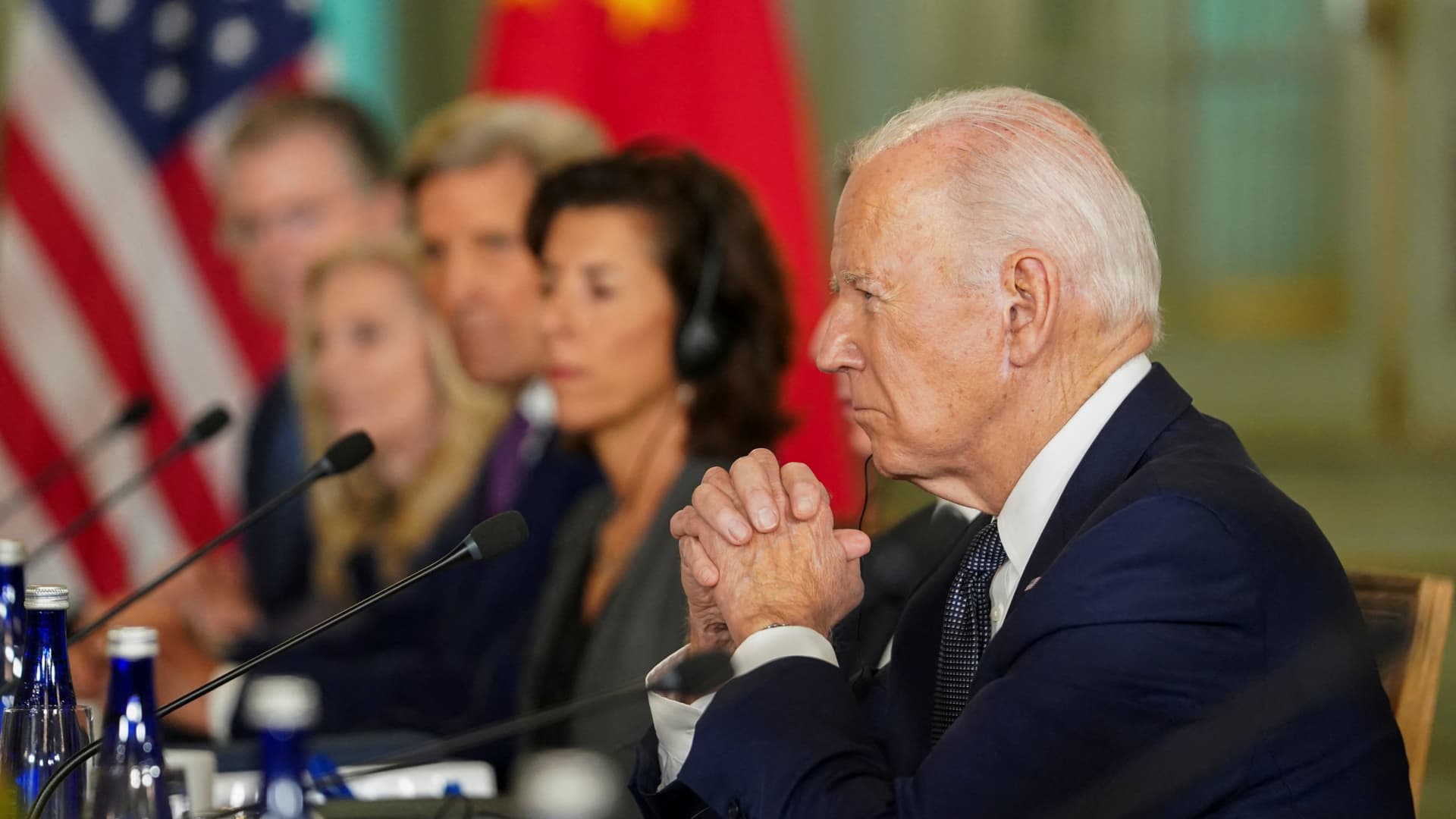The Biden administration has recently signaled a tougher stance on U.S. economic relations with China. President Biden’s meeting with Japanese Prime Minister Fumio Kishida emphasized enhanced military collaboration between the two allies and highlighted the strength of the U.S.-Japan economic partnership. Both leaders pledged to address challenges related to China through close coordination, underlining a unified approach.
Treasury Secretary Janet Yellen reinforced these signals during her visit to China, expressing concerns about Chinese companies flooding global markets with cheap clean energy products like solar panels and electric vehicles. Yellen warned of potential tariff hikes on Chinese imports if Beijing fails to address the issue of overcapacity. However, China has dismissed these accusations as groundless and criticized the U.S. for resorting to protectionist trade policies.
These developments indicate a potential escalation in economic tensions between the U.S. and China, complicating efforts to stabilize their relationship. The Biden administration’s actions serve as political leverage, aligning with both Biden and Trump’s tough stances on China, aiming to appeal to American voters. However, such moves also risk further straining bilateral relations between the two global powers.

Biden (Credits: USA Today)
Economists view Biden’s tariff threats as more symbolic than substantive, primarily serving political purposes rather than offering long-term economic solutions. The focus on tariffs is seen as a strategy to rally support among voters, particularly those concerned about job security and economic competition with China. However, tariffs alone cannot address the structural issues within the Chinese economic system.
Tariffs also come with unintended consequences, often burdening American importers and consumers more than their Chinese counterparts. Loopholes in tariff regulations allow Chinese exporters to circumvent tariffs, shifting the burden onto U.S. importers. For instance, Chinese exporters may utilize intermediary countries to avoid direct tariffs on their products, undermining the effectiveness of tariff measures.
Moreover, tariff hikes could negatively impact the U.S. economy in the short term, leading to reduced GDP growth, increased consumer prices, and heightened inflation. The experience of Trump’s tariffs underscores the potential drawbacks of such measures, with manufacturers passing on cost increases to consumers. This raises questions about the efficacy of tariffs in achieving desired economic outcomes and underscores the need for comprehensive strategies to address economic challenges posed by China.
























